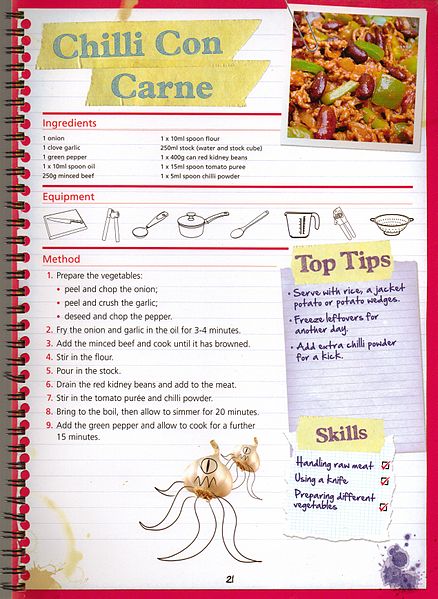
Source: ABC Wikijunior, Savant-fou, Wikimedia
You’ve been taught that sentences begin with capital letters and end with some kind of terminal punctuation, the most common of which is the period. You may also be able to define a sentence as a clause with a subject and a predicate or as something that expresses a complete thought. Whether you’re shaky or confident about the definition of a sentence or what subjects and predicates are, you’ll enjoy this review in “The Tale of Mr. Morton.”
Even with the ability to define a sentence, you might still need more practice developing your sentence sense or recognizing whether an idea is complete. Maybe you put capital letters and periods on sentence fragments, trying to pass them off as complete sentences, for example. A sentence fragment fails to be a sentence in the sense that it cannot stand by itself. Some fragments may lack a subject or a main verb.
For example, the subject is missing from “Formed sweat on my forehead.” The predicate is missing from “The hottest cayenne peppers.” So are you in the clear if you can find a subject and predicate? The answer is no because English has so many exceptions. Sometimes perfectly good sentences omit the subject, as in “Answer the door.” In this imperative sentence, the subject “you” is understood, but not written.
Another departure from good sentence writing is when you fuse more than one sentence together in what is known as a run-on sentence. A comma splice is the most common type of run-on sentence. It occurs when a comma is used incorrectly between two independent clauses, as in this example:

Source: Chili Con Carne Recipe, 10sabi7, Wikimedia
Everyone has a chili recipe, even President Obama gets into the act.
Each clause in the sentence above can stand alone so you need more than a comma. You can rewrite the sentence like this:
Everyone has a chili recipe, and even President Obama gets into the act.
You could also rewrite it like this:
Everyone has a chili recipe; even President Obama gets into the act.
In fused sentences, which are not examples of good sentence writing, no punctuation is used, as shown here:
Canned tomato paste provides the right consistency for chili. Instead of digging the tomato paste out of that little can with a spoon, you can easily remove it by opening both ends with a can opener remove only one lid and push the other lid through the can to force the paste out.
You probably got confused somewhere in the second sentence and were forced to reread when you got to the structural flaw between “can opener” and “remove.” A period after “can opener” and capitalizing “Remove” will make the cooking directions clear and the grammar correct.